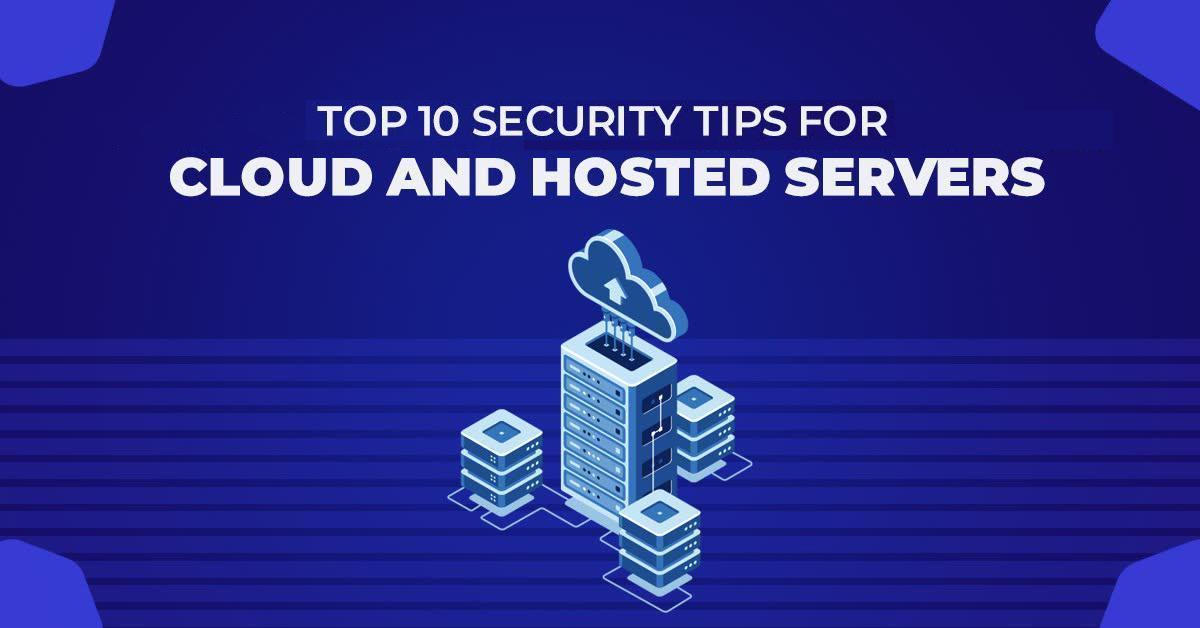How To Backup Your Website and Choose A Reliable Backup Solution
Websites are now essential for businesses, organizations, and people in the digital era. They operate as digital representations, offering useful data and facilitating different transactions. However, a lot of website owners disregard the significance of routinely backing up their website data. Without a dependable backup system in place, companies run the danger of losing important data, going offline, and tarnishing their online reputation. This article, emphasizing the value of website backups, aims to shed light on why websites are crucial for businesses, organizations, and individuals in the digital era. Additionally, it will provide guidance in choosing a dependable backup program. The best web hosting service and best domain names service can further complement the backup system to ensure the protection and continuity of your website’s data.
Understanding Website Backups
Creating a duplicate of your website’s files, databases, and other crucial data ensures its preservation in the case of data loss or system failure. This is known as a website backup. You may quickly restore your website to a prior state using a backup, minimizing downtime and potential income loss. Knowing which parts of your website to back up is critical. Typically, this entails files, databases, media, and configuration settings.
Additionally, the frequency of backups is influenced by how frequently your website is updated and modified. It is advised to regularly create backups to guarantee you have the most recent version preserved.
Backup Methods and Solutions
Manual backups and automatic backups are the two main types of website backups.
- Manual Backups
Manual backups entail copying and storing your website’s databases and files by hand in a safe place. The procedure normally entails logging into your website’s management panel or downloading files and exporting databases over FTP (File Transfer Protocol).
Manual backups offer flexibility and control, but they may also be time-consuming and prone to human mistakes. To ensure the integrity of your website data, it is essential to adhere to a step-by-step method and often carry out manual backups.
- Automated Backups
Website backups are handled more efficiently with the help of automated backup solutions. There is no longer a need for manual intervention thanks to these systems, which automatically produce and store backups at regular intervals. They provide comfort and assurance, particularly for website owners who need more technical knowledge.
Scheduled backups, incremental backups (backing up just modified files), and remote storage options are all frequently seen in automated backup systems.
Choosing A Reliable Backup Solution
Think about the following essential criteria before choosing a backup solution for your website:
- Storage Capacity and Scalability
Make sure the backup solution has enough storage to handle the volume of data on your website. Additionally, take into account the solution’s potential to expand when your website grows and needs more storage.
- Security Measures and Encryption
Data security is crucial when selecting a backup solution, thus encryption and security measures are also important. The solutions that will secure your backups both during storage and transmission, look into encryption techniques. Your sensitive data is kept secure by an additional layer of encryption that prevents unauthorized access.
- Ease of Use and User Interface
Choose a backup solution with a user-friendly interface that makes the backup and restore operations easier to use. You’ll spend less time and effort managing your backups if the interface is well-designed.
- Version Control and Scheduled Backups
Pick a system that enables you to plan automated backups at practical intervals. Additionally, version control tools provide you more freedom in managing backups by allowing you to restore your website to precise periods in time.
- Restoration Process and Options
Consider the options for restoration and how simple it is to bring your website back from a backup. Look for solutions that provide a simple restoration procedure, enabling you to easily and rapidly recover your website.
Consider well-known fallback options like Solutions A, B, and C to help you make your selection. To choose the one that best meets your unique needs, compare their features, costs, and user evaluations.
Best Practices For Website Backup
Adopting the following recommended practices will help assure the efficacy of your website backups in addition to selecting a dependable backup solution:
- Creating a Backup Schedule: Establish a regular backup plan that corresponds with the frequency of updates to your website. You may reduce the chance of data loss by doing this and maintaining consistent backups.
- Testing Backups for Integrity and Usability: Test your backups periodically by restoring them to a test environment to ensure their usability and integrity. This procedure guarantees that your backups are full, undamaged, and ready for restoration when required.
- Multiple Backup Locations: Store your backups in several places to protect them against system failure or physical harm. Offsite servers, external hard drives, and cloud storage are a few examples of this.
- Keeping Backups Offsite and in the Cloud: Backups should be kept offline and in the cloud since doing so adds an extra layer of security against accidents like fires, floods, and theft. The simplicity and accessibility of cloud storage alternatives let you access your backups from any location with an internet connection.
Restoring Your Website From A Backup
To restore your website from a backup in the event of data loss or website difficulties, follow these steps:
- Locate the backup file or files you want to restore by logging into your backup solution.
- To begin the restoration procedure, adhere to the instructions provided and make sure you choose the appropriate backup version.
- Review the restoration choices, such as replacing old files with new ones or combining them with current data, in great detail.
- Start the restoration process, and keep a close eye on it to make sure it is completed successfully.
During the restoration process, it is crucial to use caution and double-check your activities to prevent unintentionally generating further problems.
Additional Considerations
- Backup Solutions for Different Website Platforms:
Different website systems have different backup needs, hence some backup solutions are made specifically for those platforms, like WordPress, Joomla, or Drupal. Investigate options that smoothly work with the platform of your choice for optimal functionality.
- Taking into Account Large-Scale Websites
If you are in charge of a sizable website with a lot of data, give backup solutions that can effectively handle the volume first priority. Think about solutions with expandable storage and improved backup procedures.
- Backup options for online stores
Typically, transactional data and sensitive consumer information are handled by e-commerce websites. Aim for backup solutions that offer additional capabilities tailored to e-commerce platforms and adhere to industry regulations like PCI DSS (Payment Card Industry Data Security Standard).
- Backup Solutions for Dynamic Websites
Dynamic websites require backup systems that can withstand frequent changes since their material is continuously changing. In order to reduce the time and resources needed for backups, look for solutions that provide incremental backups.
Conclusion
Keeping a safe and trustworthy online presence requires regular website backups. You can safeguard your website from potential data loss, downtime, and reputational harm by comprehending the importance of website backups and choosing a dependable backup solution. It is equally important to select the best web hosting service and the best domain name service, as they provide the foundation for your website’s reliability. Don’t forget to create a backup schedule, test your backups frequently, and store them in different places. When you have a solid backup process in place, you can relax knowing that the information on your website is safe and simple to restore.





































